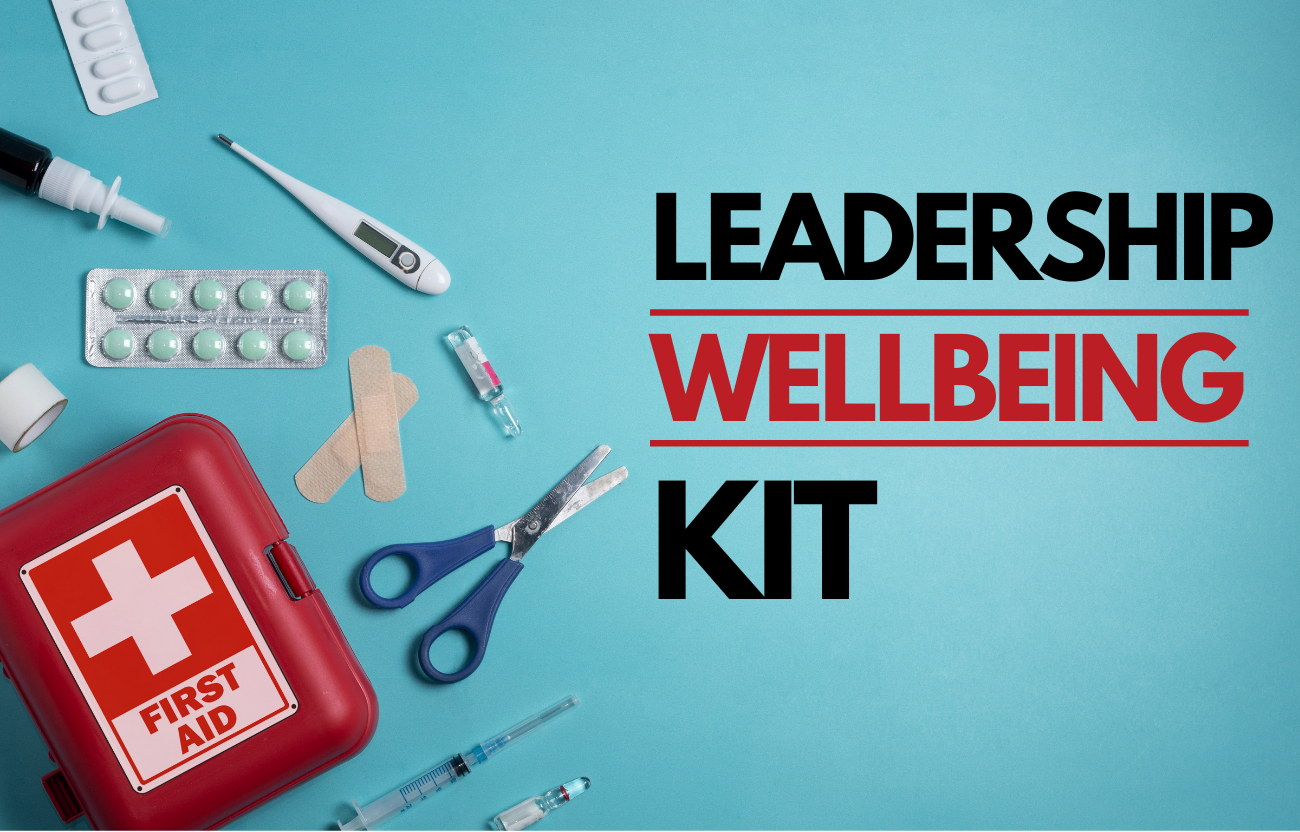Burnout is on the rise. The constant pressures of work can deplete our energy, enthusiasm, and sense of purpose. But the good news is, we don’t have to stay stuck in that exhausted state. Resilience is a skill we can develop – the ability to bounce back from setbacks, adapt to challenges, and maintain our well-being even amidst a demanding work environment.
Understanding Burnout
Burnout isn’t just feeling tired. Here are some key signs:
- Emotional Exhaustion: Feeling drained, cynical, and detached from your work.
- Reduced Sense of Accomplishment: Struggling to find meaning in your tasks and doubting your abilities.
- Increased Irritability: Easily frustrated with colleagues, clients, or the work.
- Physical Symptoms: Headaches, digestive issues, or changes in sleep patterns can be signs of chronic stress.
The Resilience Roadmap
Building resilience is an ongoing journey, not a destination. Here are key strategies to focus on:
- Prioritize Self-Care: Resilience isn’t about pushing yourself harder. Adequate sleep, healthy eating, and exercise are your foundation.
- Cultivate Mindfulness: Mindfulness helps you observe your thoughts and emotions without getting swept away by them. This creates space for better choices in how you respond to stress.
- Build Strong Connections: Supportive relationships with colleagues, friends, and family provide a buffer against stress. Lean on others and offer support in return.
- Embrace a Growth Mindset: View challenges as opportunities for learning and growth. Focus on progress, not perfection.
- Nurture Your Purpose: Reconnect with the “why” of your work. Find meaning in your contributions, even during tough times.
- Practice Gratitude: Focusing on the positive aspects of your work and life shifts your perspective and boosts resilience.
- Seek Professional Help: If burnout feels overwhelming, don’t hesitate to contact your Employee Assistance Program (EAP) or a mental health partner for support and guidance.
Workplace Support for Resilience
Organizations play a crucial role in promoting resilience:
- Flexible Work Arrangements: Allowing for greater control over schedules can improve work-life balance.
- Mental Health Resources: Providing access to therapy, mindfulness programs, or EAPs demonstrates a commitment to well-being.
- Encouraging Breaks: Promoting a culture where breaks and self-care are valued reduces burnout risk.
- Fostering Connection: Creating opportunities for team building and social connection strengthens support systems.
#BeMindfulAtWork: It Starts with You
While workplace support is important, building resilience ultimately begins with you. You can:
- Identify one small change you can make today to enhance your resilience.
- Share your resilience-building strategies in the comments below!
Remember, you’re already resilient! Resilience is like a muscle and the more you train it, the stronger it becomes. By investing in yourself and your well-being, you can move from burnout to bounce back and thrive in the workplace.


